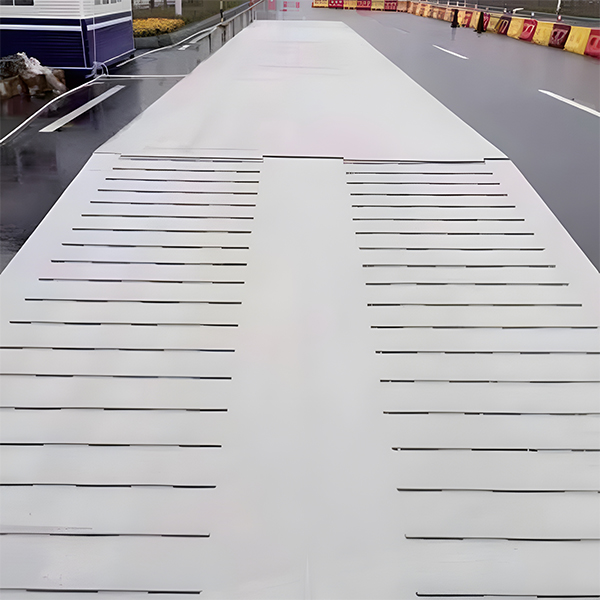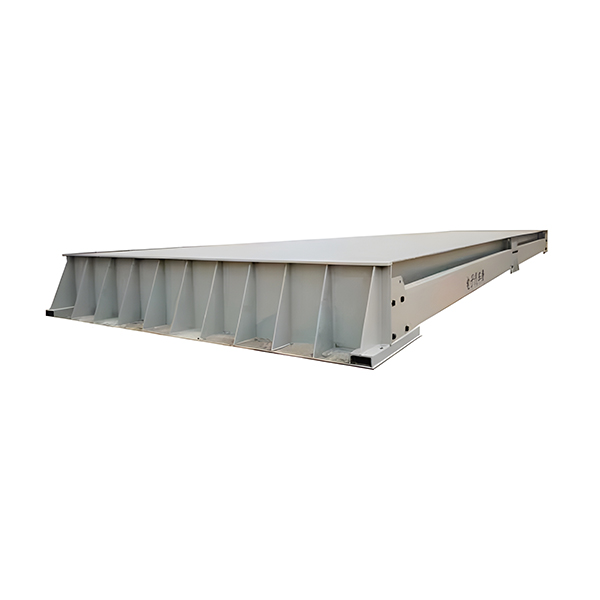Web Menu
Product Search
Exit Menu
Does the weighing data of the truck scale need to be monitored?
The weighing data of the truck scale must be continuously and effectively monitored. The reasons are as follows:
1. Ensure the authenticity and accuracy of data:
The core purpose of monitoring is to ensure that each weighing result truly reflects the actual weight of the object being measured.
Through continuous monitoring, abnormal data can be detected (such as unreasonable large fluctuations, serious deviations from expected values, significant differences in repeated weighing results, etc.), and potential equipment failures (such as sensor damage, instrument drift, scale deformation/jamming), operational errors, or interference factors (such as foreign objects on the scale, vehicle instability, etc.) can be promptly alerted.
2. Maintain stable and reliable operation of the system:
The stability of data is an important indicator for determining whether the overall system of the car scale (scale platform, sensors, junction box, instruments, foundation) is in good working condition for a long time.
Monitoring the trend of data changes (such as slow drift of zero points, gradual deterioration of repeatability) can help identify early signs of potential problems or performance degradation, in order to carry out preventive maintenance and avoid production or transaction interruptions caused by sudden failures.
3. Supervision of operational behavior and confirmation of compliance:
For weighing involving trade settlement, internal handover, or critical production control, monitoring data is an important means of supervising the standardization of the operation process and preventing human errors or fraudulent behavior (such as incomplete weighing, remote control interference, and data modification).
Complete and traceable monitoring data is key evidence to prove that the weighing process complies with relevant regulations, standards, or contract requirements.
4. Support management decision-making and traceability analysis:
Accurate and reliable weighing data is the fundamental basis for enterprises to make management decisions such as material management, inventory accounting, cost control, and production efficiency analysis. Monitoring ensures the reliability of data sources.
When there are quality objections, measurement disputes, or internal audits, complete historical monitoring data is the only objective evidence for problem tracing, responsibility determination, and solution development.
5. Control risks and reduce losses:
Financial risk: In trade settlement, data errors directly lead to economic losses (overpayment or underpayment). Monitoring is a key line of defense to prevent such risks.
Safety risk: Overloading of vehicles (inaccurate weighing data not detected in a timely manner) may cause traffic safety accidents or damage to road/factory facilities.
Compliance risk: Inaccurate measurement data may violate relevant laws, regulations, or industry standards, leading to penalties, reputational damage, or legal disputes. Monitoring helps ensure compliance.
Production risk: In the production process such as batching and feeding, incorrect weighing data may lead to product quality problems, equipment damage, and even safety accidents.
6. Key links in the value chain connection:
In many industries such as logistics, coal, mining, metallurgy, chemical, and grain, truck scale weighing is the core node for material handover and quantity settlement in the entire supply chain and value chain. The quality of its data is crucial for the efficiency, fairness, and trustworthiness of the entire chain, and must be strictly guaranteed through monitoring.
| Requirement for Monitoring | Key Reasons & Objectives |
| Ensure Data Accuracy & Validity | • Detect anomalies (sudden spikes/drops, inconsistencies).• Identify equipment faults or external interference early.• Verify consistency across repeated measurements. |
| Maintain Operational Reliability | • Track performance trends (e.g., zero drift, repeatability).• Enable proactive maintenance to prevent system failures.• Confirm stability under varying conditions. |
| Guarantee Compliance & Security | • Prevent operational errors or tampering.• Provide auditable records for regulatory/contractual compliance.• Ensure traceability for dispute resolution. |
| Mitigate Multifaceted Risks | • Financial: Prevent revenue loss from incorrect trade settlements.• Safety: Avoid overloading risks to vehicles/infrastructure.• Legal: Reduce non-compliance penalties or reputational damage. |
| Support Decision-Making & Value Chain Integrity | • Enable accurate inventory/cost management.• Maintain trust in supply chain transactions.• Provide basis for process optimization. |
| Safeguard Measurement Integrity | • Validate end-to-end system functionality.• Ensure data reliability for critical applications (e.g., billing, quality control). |
-
Add: Building 3, No. 355, Xiangshan East Road, Binhai Economic Development Zone, Cixi City, Ningbo, Zhejiang, China.
-
Tel: +86-18969402526
-
Phone: +86-0574-86817102
-
E-mail: [email protected]

 English
English 中文简体
中文简体





